- Your cart is empty
- Continue Shopping
Product

K-Citrate
$0.00
- Canadian Pharmacy Online Pharmacy | Online Canadian Pharmacy
- Need More Information Call Us 1-833-356-6337
Product Details
Description
Urocit K 1080 mg Tablet Uses and Tablets:
Urocit K tablet is used in the treatment of the following:
- Renal Tubular Acidosis
- Uric Acid Kidney Stones
- Prevention of Calcium-Containing Kidney Stones
- Calcium Oxalate Kidney Stones
- Calcium Phosphate Kidney Stones
The medicine is available for purchase online at Canada Pharmacy.
Directions
This medication is to be taken orally, with a glass of water or any other liquid and the dosage is to be set by your doctor. It should be taken with food or some light snack. You should not crush or chew these tablets. Do not take this medicine on an empty stomach. It should be taken approximately 30 minutes after a meal or a snack. Treatment with this medication may require a proper diet. Discuss this with your doctor and follow the guidelines given properly.
Ingredients
It contains the following ingredients:
- Potassium citrate
- Carnauba wax
- Magnesium stearate
Cautions
Your physician should know your complete medical history as this is very crucial, especially of:
- Addison’s disease
- Current bladder infection
- Uncontrolled diabetes
- Severe heart disease
- Diabetic gastroparesis
- Conditions decreasing gut movement
- Peptic ulcer
- Severe kidney disease
If you are suffering from any of the above, your healthcare provider may discontinue Urocit-k, or adjust the dose as per the requirement.
In patients who have faulty potassium secreting mechanisms, usage of Urocit-K can cause hyperkalemia. In order to avoid this, the patients need to be closely monitored for signs of hyperkalemia with blood tests and ECGs regularly.
It is not clearly known whether Urocit-K is harmful for use in pregnancy. Caution should be practiced while administering this medication to pregnant women.
Side Effects
If you are using Urocit-K with consultation from your doctor, then you should keep the fact in mind that he has weighed the pros and cons of the medicine before prescribing them to you. There are a few side effects of using Urocit-K. You need to look out for the following and talk to your doctor if they worsen:
- Nausea
- Vomiting
- Diarrhea
- Stomach pain
- Abdominal swelling
- Bloody stools
- Constipation
- Dizziness
- Fast heartbeat
- Severe abdominal pain
- Painful swallowing






